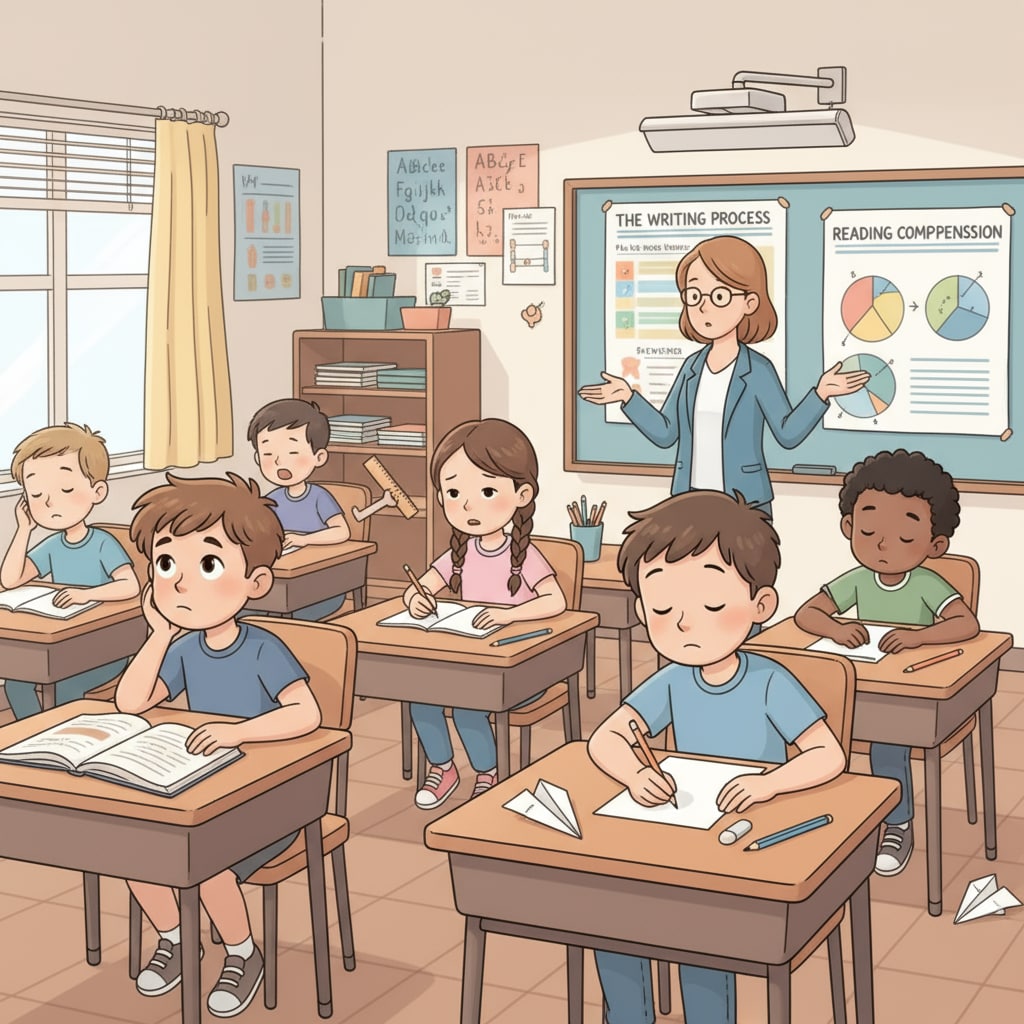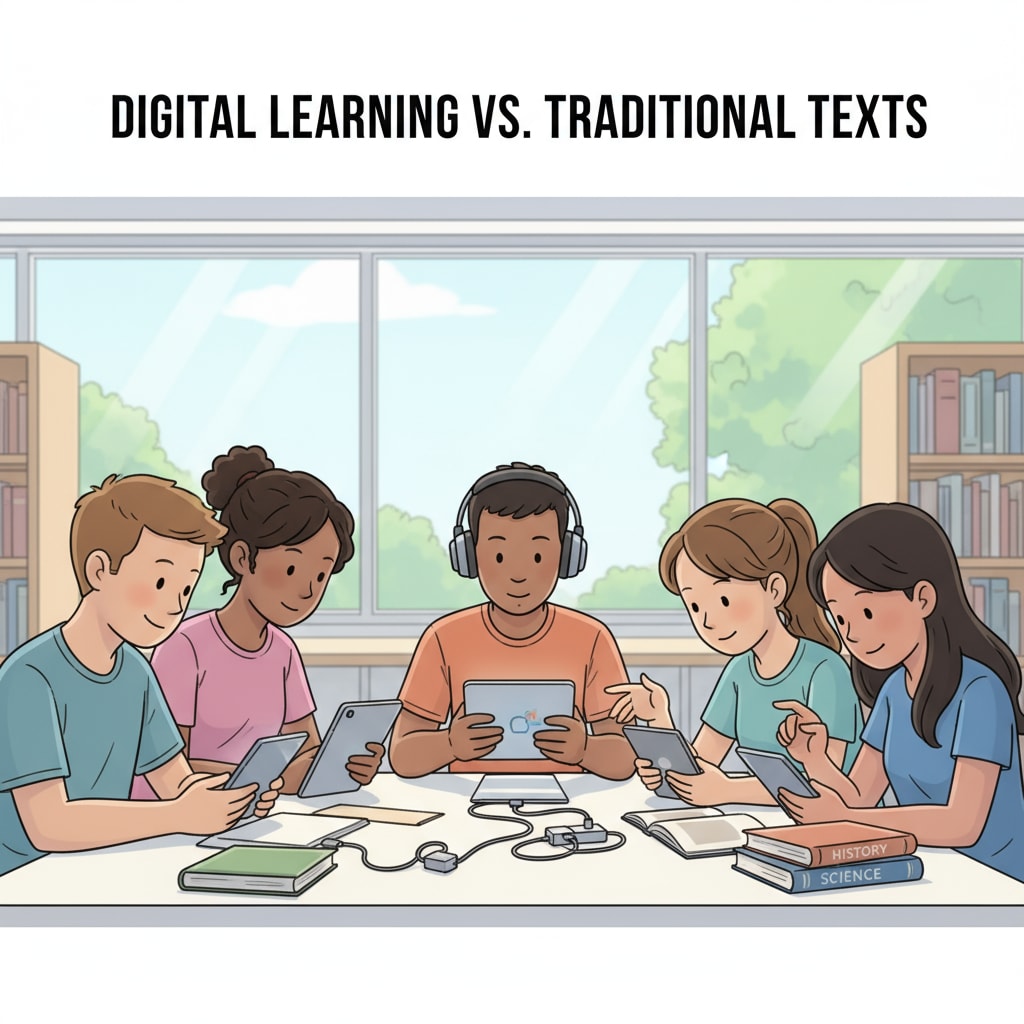The decline in literacy among the younger generation has become a matter of great concern, especially when considering its far-reaching implications for democracy. In today’s digital age, the ability to read and write proficiently is not just an individual skill but a cornerstone of a democratic society. As we witness the erosion of these fundamental literacy skills among K12 students, it’s crucial to understand the situation, its causes, and the potential remedies.

The Alarming Literacy Decline
Recent studies have shown a disturbing trend in the literacy levels of K12 students. Test scores in reading and writing have been steadily dropping in many regions. For example, according to National Center for Education Statistics, the proportion of students achieving proficiency in reading has decreased over the years. This decline is not limited to a particular area but is a widespread issue affecting students across the country. The implications of this are profound, as literacy is the gateway to knowledge, critical thinking, and effective communication.
Root Causes of the Decline
There are several factors contributing to this decline. One major factor is the increasing prevalence of digital distractions. With the rise of smartphones, social media, and video games, students are spending less time engaging with traditional reading materials. Additionally, the quality of teaching and curriculum also plays a role. Outdated teaching methods and a lack of emphasis on developing strong literacy skills from an early age can hinder students’ progress. Another aspect is the changing nature of information consumption. In the digital age, students are often exposed to fragmented and simplified information, which does not require the same level of reading and comprehension skills as traditional texts.

The consequences of this literacy decline for democracy are significant. In a democratic society, informed citizens are essential for making sound decisions. A literate population is better equipped to understand complex issues, analyze different perspectives, and participate in public discourse. When young people lack the necessary literacy skills, they may be unable to fully engage in the democratic process. This could lead to a less informed electorate, a weakening of democratic institutions, and a decrease in the overall quality of public debate.
Readability guidance: We have used short paragraphs to clearly present the main points. Each H2 section has a focused discussion. The passive voice has been minimized, and transition words like ‘for example’ and ‘additionally’ have been used to make the flow smooth.


